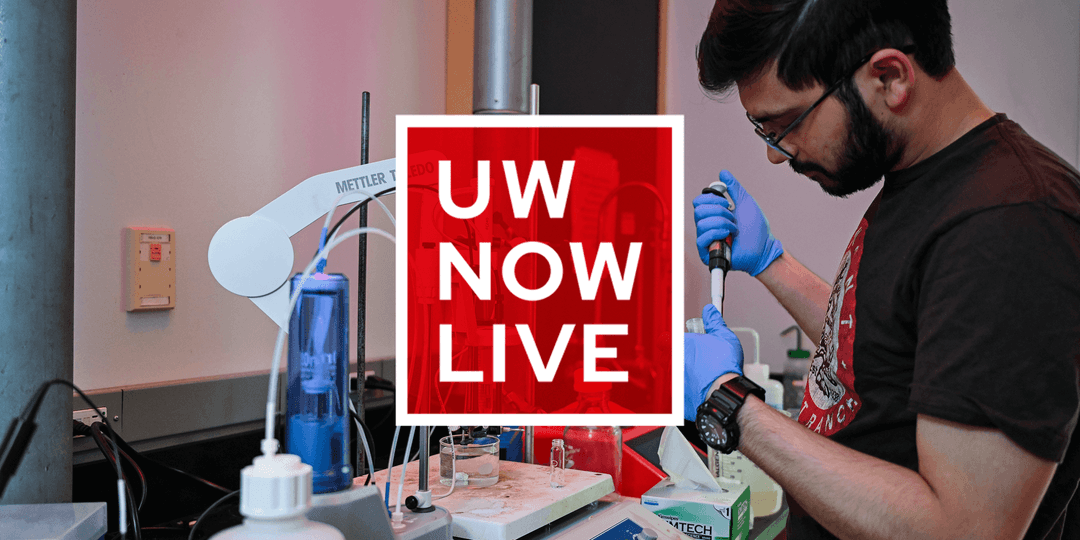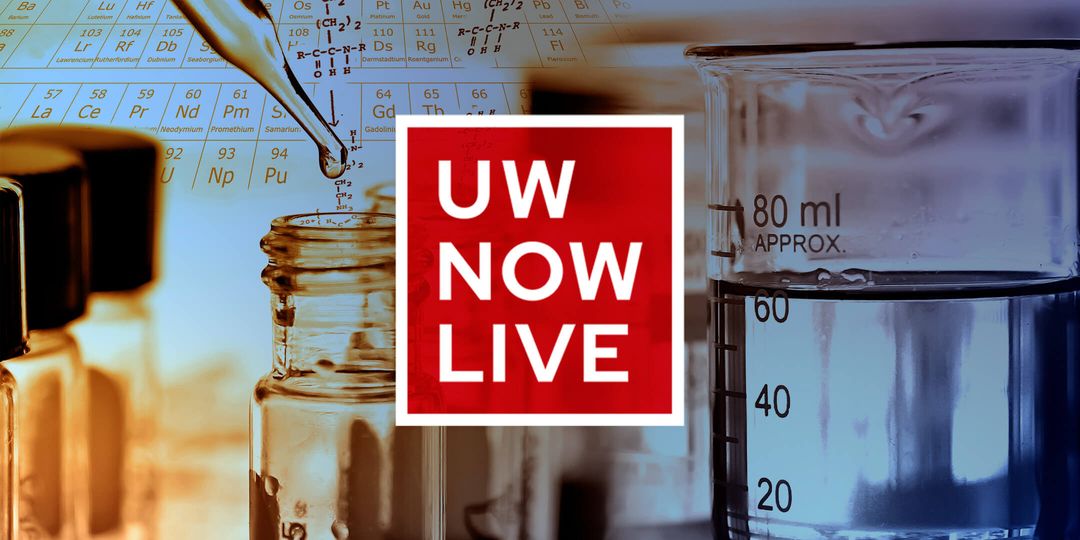Keith Poulsen ’00, DVM’04, PhD’12 is the director of the UW’s Wisconsin Veterinary Diagnostic Laboratory, which oversees testing and disease control for animal populations across the state, with an emphasis on livestock. The lab works with the School of Veterinary Medicine and the state’s Department of Agriculture, Trade, and Consumer Protection to educate farmers, conduct research, and monitor viruses that may threaten the health and safety of livestock, and, in turn, humans.
Right now, Poulsen has his eye on H5N1, a strain of avian flu that has been spreading from birds to mammals since 2022. Within the past six months, the virus made the jump to cows, and cases of H5N1 have been reported in Wisconsin’s neighboring states. Tune into The UW Now Livestream to learn more about how Poulsen is working to keep H5N1 out of Wisconsin’s herds while mitigating disruptions to the dairy industry and prioritizing human health.
My chief area of research is:
My main research interests are zoonotic infectious diseases. In the last 10 years, this has really focused on epidemic and pandemic disease outbreaks like foot and mouth disease, COVID, and highly pathogenic avian influenza. I also look at antimicrobial susceptibility and other zoonotic foodborne pathogens, like salmonellosis and things like that.
On The UW Now Livestream, I’ll discuss:
As the state veterinarian, [Darlene Konkle] will probably talk about the current order — which is for testing of animals for show — previous federal orders, and then what Wisconsin is doing with that to protect dairy. Then I’ll talk about what we’ve done in the past and how we’re preparing to really assist and work with Darlene and then answer other important questions. For example, we published a paper in collaboration with Yoshihiro Kawaoka about pasteurization and infection of mice. We’re also looking at sequences of viruses and where that’s going. And then we need to really start asking other questions, like what else we can use besides pasteurization to decrease virus in milk and things like that.
The one takeaway that I’d like to leave with viewers is:
Pasteurization is safe. Pasteurized milk products are 100 percent safe. It’s not meant to sterilize milk, but it is very, very effective. I have no problems feeding pasteurized product to my kids. So that’s the most important part for the dairy industry.
The second part is, it’s a very, very complex answer when you mix science, epidemiology, and then political science. One of the biggest blockages of moving forward is that people often don’t understand how the [dairy] industry actually functions. It has to have cash flow. And you can’t just say, “Pull something out of an environment. Just stop dairy.” There’s $46 billion coming into the state per year that manages and supports economies. So, it’s not just about the health in terms of a pathogen, but economic prosperity is totally linked to health as well.
To get smart fast, see:
My suggestions for sources are things like STAT News, the New York Times, and ABC News. As much as we tend to focus on disasters and negative news — no matter what political bent it has — I do think that the national news outlets, they’re doing a good job covering this. And each may have a different viewpoint or agenda, but they are covering those questions that we’re seeing from all around.
The UW Experts Database is a great way to ask questions. The government organizations do have good information: the U.S. Department of Agriculture, the State of Wisconsin Department of Agriculture, Trade, and Consumer Protection, and the Centers for Disease Control and Prevention. They’re slow to release it, but they do have good information. Your veterinarian is also a great person to ask questions.



